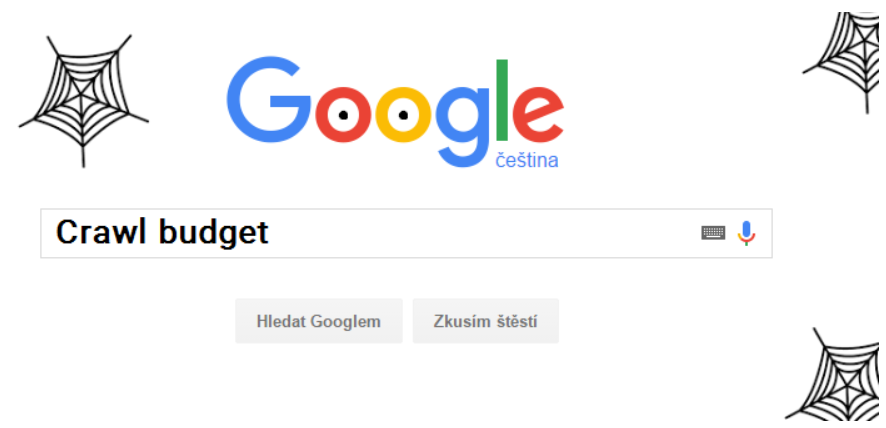A Crawl Budget is a volume of URLs that a crawler can crawl in a certain period of time. Its amount is most commonly stated in the quantity of URLs scanned by a specific robot (crawler) in one day. It depends on several factors and the most crucial ones are content quality, website load speed and internal linking structure.
How to identify a web crawl budget
User needs access log file to identify crawl budget from a specific crawlers (robots) of a search engine. Access log is a file on a server that records all the requests that are processed by a particular server. The output data then return as:
- User-agent (It is used to identify requests from a crawler to server)
- IP
- URL of a request
- Date and time of a request
- …and many others
It enables SEO specialists or anyone else to closely analyze information about requests performed by search engine crawlers.

Crawl budget optimization
The search engines assign to website a crawl budget primarily based on its authority (link portfolio) and a volume of unique and quality content that they are able to obtain. In the matter of web crawler step, a crawl waste has to be considered. Crawl wastes are the comments and queries that go on non-existent websites or the ones we don’t want to crawl. Following are the most common problems that occur in log analysis:
- URL with error response
- Non-indexable websites
- Website with “thin content”
